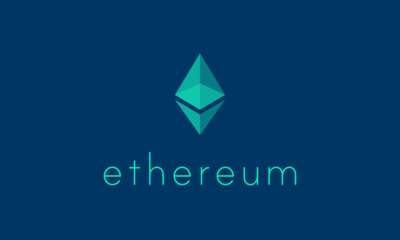Cryptocurrency
Why AI Back Cryptocurrencies Are Skyrocketing
Tokens such as Artificial Liquid Intelligence (ALI), Fetch AI (FET) and Singularity Net (AGIX) have surged as much as 220%

Cryptocurrency
U.S. Prosecutors Recommend 36-Month Prison Term for Binance Founder Changpeng Zhao
Cryptocurrency
SEC Philippines Urges Removal of Binance App from Google Play Store and Apple App Store
Cryptocurrency
Binance Loses Ground in Global Bitcoin Trading Amid Regulatory Challenges
-

 Forex3 weeks ago
Forex3 weeks agoZiG to the Rescue: Zimbabwe Shifts Gear with New Currency Backed by Gold
-

 Naira3 weeks ago
Naira3 weeks agoDollar to Naira Black Market Today, April 9th, 2024
-

 Billionaire Watch2 weeks ago
Billionaire Watch2 weeks agoNigerian Billionaire Tony Elumelu Contemplates Acquiring NPFL Club
-



 Naira3 weeks ago
Naira3 weeks agoDollar to Naira Black Market Today, April 8th, 2024
-





 Naira2 weeks ago
Naira2 weeks agoNaira Hits Eight-Month High at 1,120/$ Amidst Central Bank Reforms
-





 Naira1 week ago
Naira1 week agoDollar to Naira Black Market Today, April 17th, 2024
-





 Naira4 weeks ago
Naira4 weeks agoDollar to Naira Black Market Today, April 1st, 2024
-

 Banking Sector4 weeks ago
Banking Sector4 weeks agoAccess Holdings Plc Plans $1.8 Billion Capital Raise
























